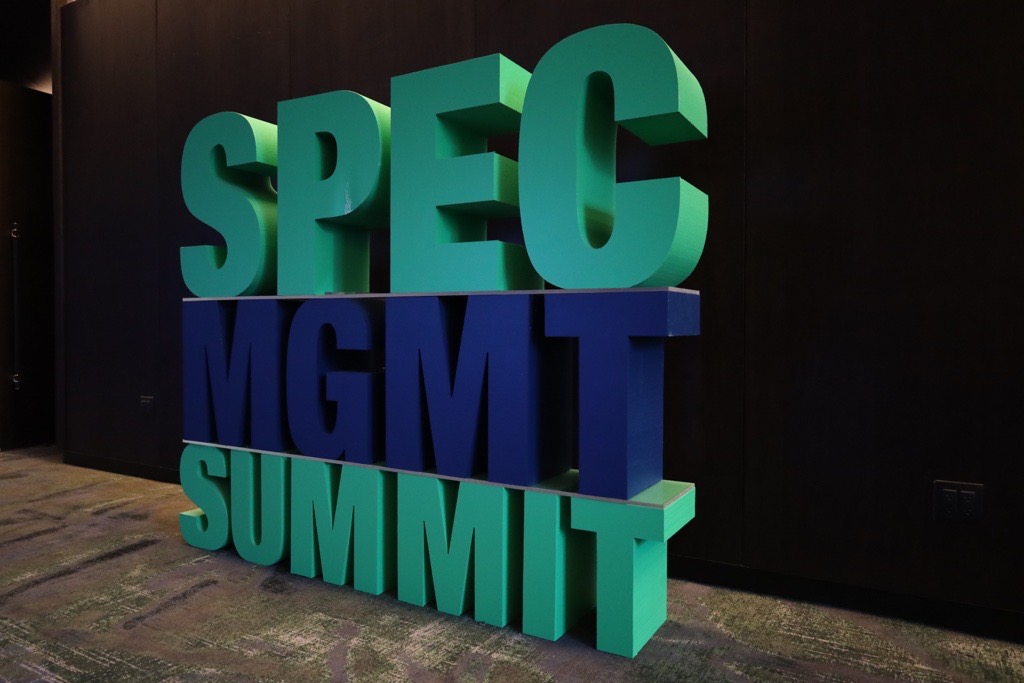What a week it has been! We hosted the first Specification Management Summit at the brand new Thompson Hotel in downtown Austin, Texas. It was three days packed with content ranging from customers taking a spec-first approach to their data strategy, industry trends like sustainability and supply chain digitization, product demos, and exciting announcements.
As I’ve mentioned previously, we decided to transition our annual User Group to the Specification Management Summit, with the goal of the event being less about where Specright is as a company, and more about Specification Management as a software category.
I believe we achieved our goal.

Introducing the Specright Network
With almost 200 people in attendance at Summit, I kicked things off Tuesday afternoon with my annual “Chat with Matt” discussion. This year’s topic was “Why Supplier Portals are Dead and Networks are the Future.” I also focused my main stage presentations on the Specright Network, which enables companies to share data with one another. It’s the next step in the Specification Management journey and one that I’m very passionate and excited about – I wish I had this when I was a supplier!
If you think about it, historically, networks have transformed the way we live, work, and travel. Just like highways transformed how we travel between cities, Specright Network will transform how companies share data. When it comes to Specification Management, I see the journey in four steps…
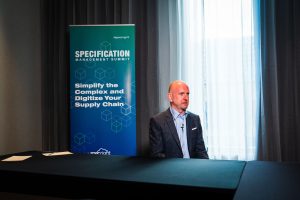
- Digitization: Getting data out of spreadsheets, email, and legacy systems and into a cloud-based single source of truth.
- Mapping: Creating relationships between data, such as raw materials to formulas or finished goods to suppliers.
- Analytics: Being able to analyze data with reports, dashboards, and automatic alerts for things like duplicate specifications.
- Network: The ability to share data with other companies on Specright. For example, an ingredient company can instantly push a new spec to a food brand directly on Specright.
We’ll be sharing more information on the Specright Network in the coming months, but I truly see this as the future of Specification Management. It was encouraging to see how many attendees were also excited and many of them have existing supplier and brand relationships today.
Driving Innovation with a Spec-First Approach
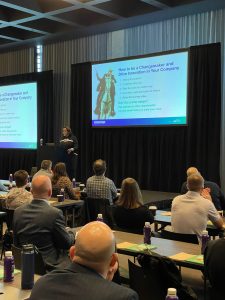
Our event chair this year was Victoria Chatman-Galloway. Victoria is currently the Global Head & Vice President, Packaging Center of Excellence at OFI. She brought her years of expertise in packaging innovation to the audience with key tips on how to be a changemaker at your company, including not being a “lone ranger!”
Her message: partner with others across your company in order to build a business case and buy-in for digital transformation. We’re so grateful Victoria agreed to be this year’s chair and look forward to partnering with her and OFI more in the future.
We had several customers present on taking a spec-first approach to drive continuous improvement, including Paul Gray of Central Garden & Pet and Cody Leonard and Nathan Shinault of DENSO.
Addressing Sustainability Challenges
Sustainability was a huge theme at this year’s Summit. We’ve been hearing from customers and industry leaders on how challenging it can be to accurately report on sustainability goals. At Specright, we think you have to know where you stand – and that starts with knowing your spec data – in order to know where you’re going and how you can improve.
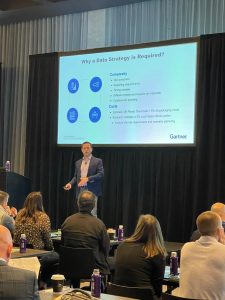
John Blake, a Sr. Director Analyst with Gartner, presented on how to make your sustainability goals a reality. According to Gartner Research, 9 out of 10 public sustainable packaging commitments won’t be met by 2025. That’s a staggering number, and one we can’t ignore.
John also discussed the impacts of the Extended Producer Responsibility (EPR) regulations being implemented here in the US and across the globe. For those not familiar, EPR is the principle that producers are financially responsible for end-of-life waste management of the packaging they place in the market.
The way to address the challenges of sustainability and EPR is by implementing a clear data strategy. If you don’t have the DNA-level data of the products you are producing, you can’t avoid the financial impacts required by EPR and other regulations that are here or are coming in the near future.
A key takeaway from John, we can’t continue to leverage tools of the past to track innovation for the future. We all need to think differently and leverage new tools to improve our businesses and the world.
Using Data to Drive Disruptive Innovation
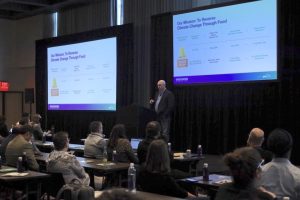
Kris Corbin, the Chief Supply Chain Officer, at Bright Future Foods, a subsidiary of Post Holdings, Inc., has the mission of reversing climate change through food. The company’s goal is to create carbon negative products. In order to do this, they use data across their entire supply chain to measure carbon footprints, carbon credits, and consumer communication. Kris spoke about how they’ve implemented Specright’s Specification Management platform to enable this.
Besides sharing Bright Future Foods’ spec-first journey, Kris also asked attendees to “join the movement” to reverse climate change through food. If you’d like to learn more, please contact our team.

Why Data is the New Corporate Currency
Closing out Day 2 of the Summit was our keynote speaker, Tony Costa, CIO, of Bumble Bee Foods. Tony discussed the importance of integrating, aggregating, and acting upon data as the foundation for your company’s data strategy.
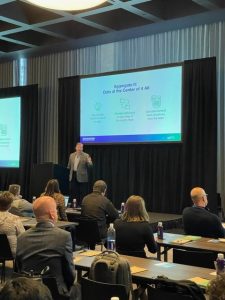
A key message from Tony – you must understand your supply chain, even if you don’t “own” all the data. Not only is it crucial to your business but consumers are demanding it. We’re all living in an integrated, interconnected world, and we can’t be successful alone.
Prior to using Specright, Tony discussed how their specification data “lived” in many disparate systems and formats. Now, they take master data from SAP, feed it into Specright, along with critical spec documents, and complete the key specification details–all in the Specright Specification Management platform. This digitization and integration has strengthened Bumble Bees’ quality assurance (QA) process, while enabling reporting, analytics, and shareable specifications for their co-manufacturers and supply base.
Product and Industry Deep Dives
It was exciting to see attendees from across industries like food and beverage, consumer goods, manufacturing, packaging, medical, and more. Due to the variety of companies represented, we decided to do industry-specific roundtable discussions for the first time. These lively discussions included conversations and idea-sharing around sustainability and supply chain digitization.
And, what would a Specright event be without product innovation? Our product team introduced attendees to our sustainability module, intelligent document processing feature and information on the Specright API and integrations. We were also pleased to have so many partners in attendance, and showcased demos from Trayak, TOPS Software, and ISTA Packsight.
Specright Announcements and Celebrations

Before wrapping up Summit, we were also excited to make some announcements including…
First, we’re opening a new Specright office and Customer Resource Center in Chicago! Learn more about why we choose Chicago as our next location here.
Second, we launched the Spec Academy. This will be an online learning tool with courses and certifications for you and your team to learn everything you need to know about Specification Management. You can sign up for the spec management foundations course with this link. If you sign up by February 4th, you will receive a 100% discount code through this link.
And, if you know the Specright team, you know we like to have to have some fun!
On Wednesday night we hosted a celebration at the iconic Antone’s Nightclub in Austin with great food, drinks, and a live concert from the band, Striking Matches. If you haven’t listened to them, check them out on Spotify.
Thank You from the Specright Team
We always say we want to make each event better than the last. I know I’m biased, but this year’s Specification Management Summit (the first of its kind) exceeded our expectations and hopefully yours as well.
If you joined us in person, thank you for making the trip. If you missed us, we hope to see you at some point in the near future.
As always, reach out to the team if you want to learn more about how you can take a spec-first approach to transforming your business so you can spend less time chasing data and more time making amazing things.
#SPECMGMT Summit Photo Gallery
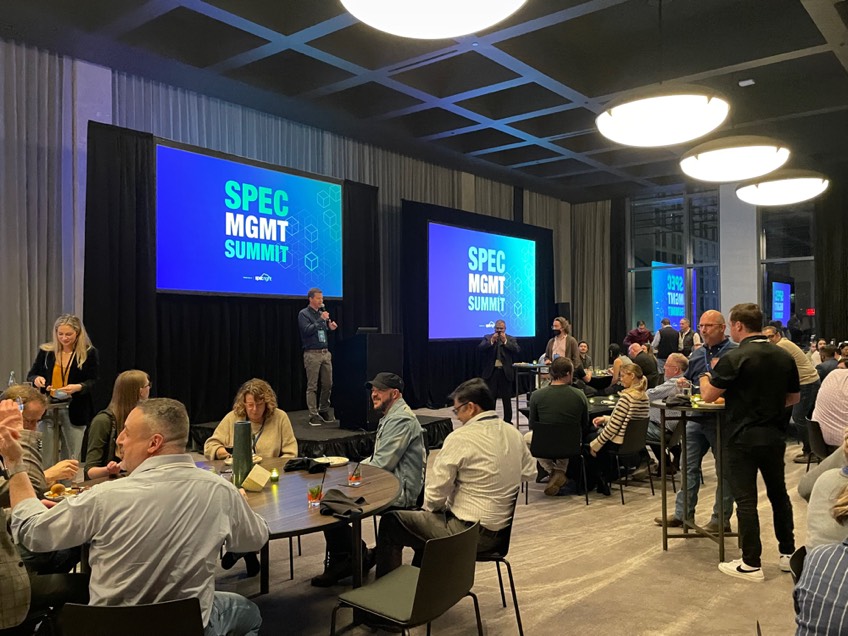
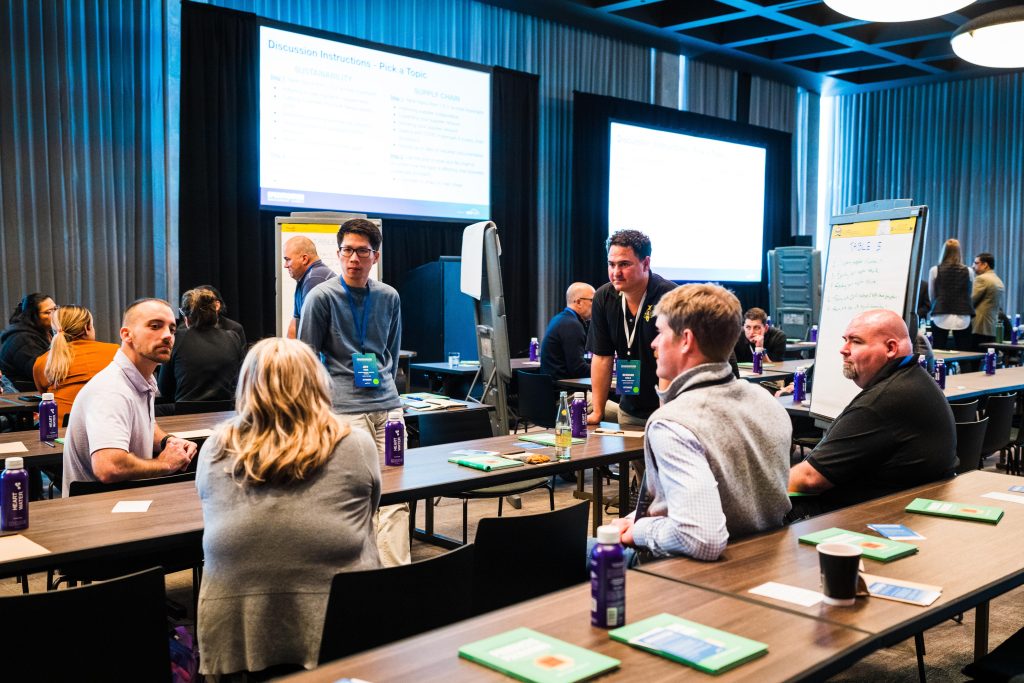
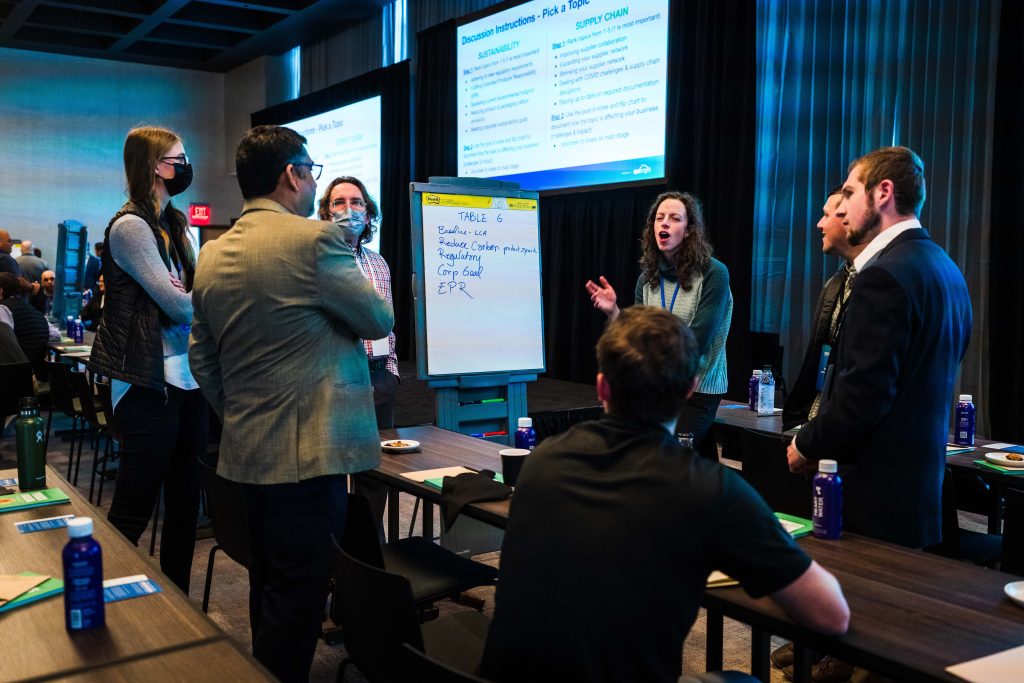



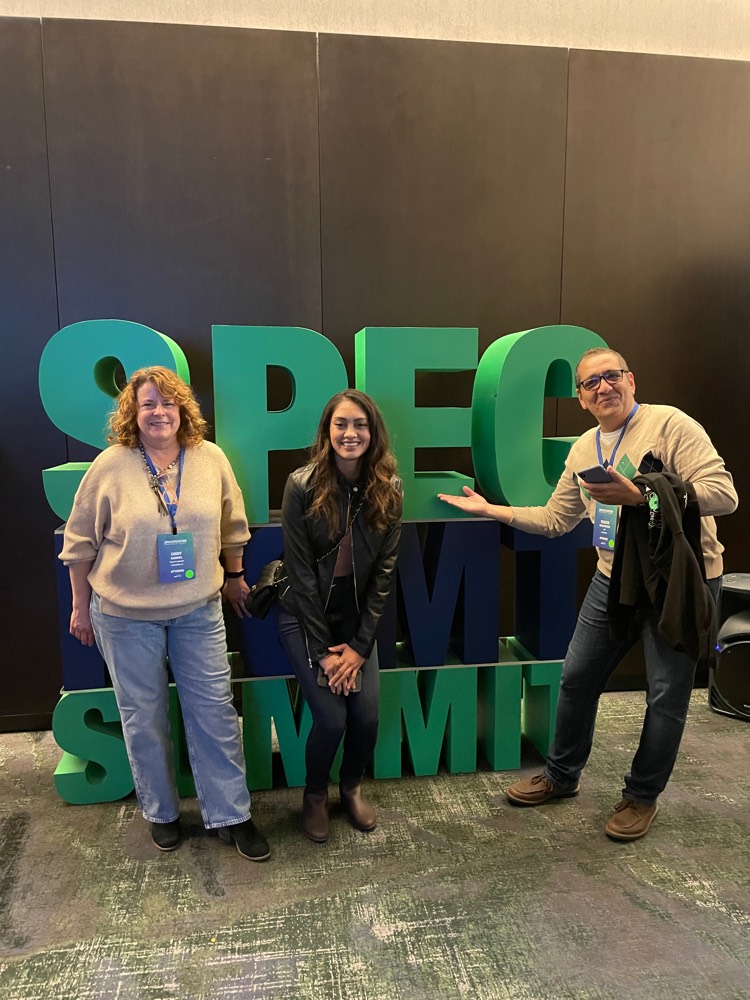
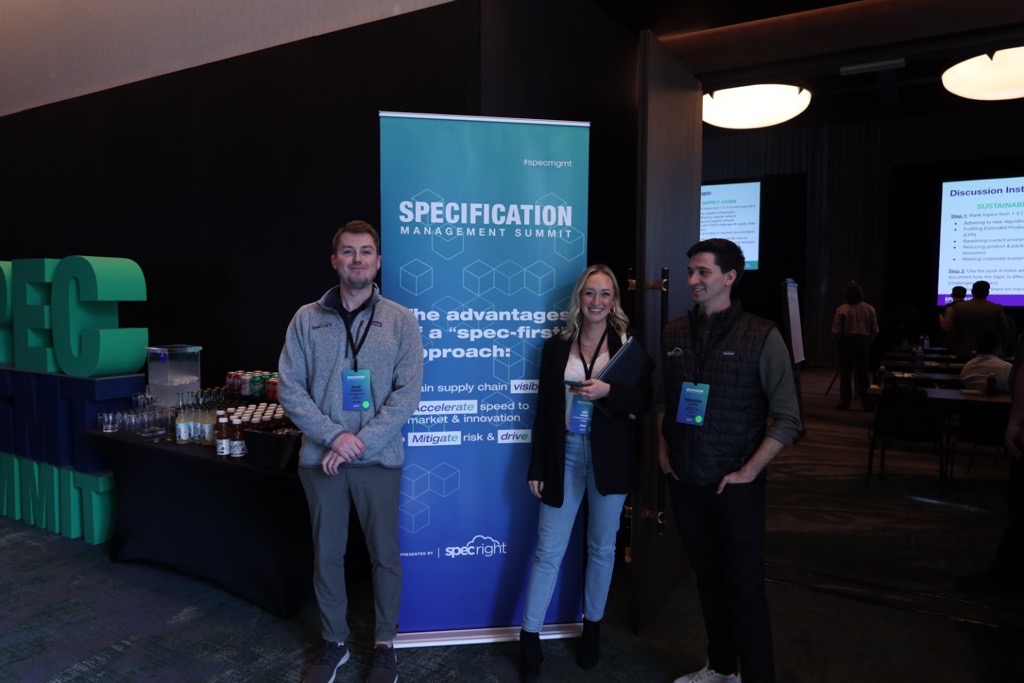
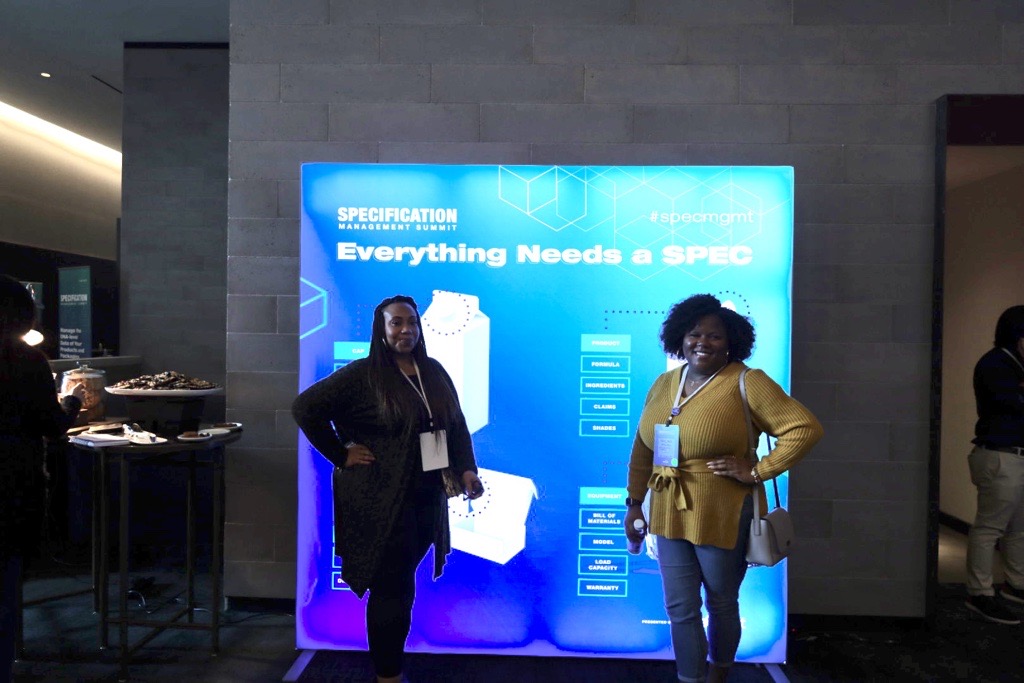
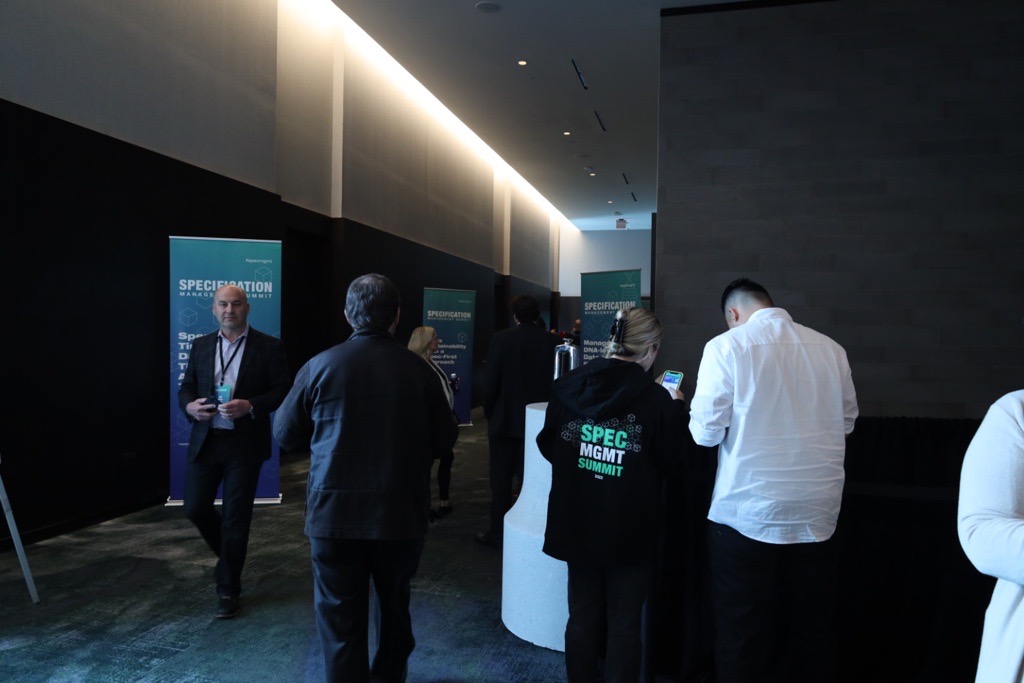
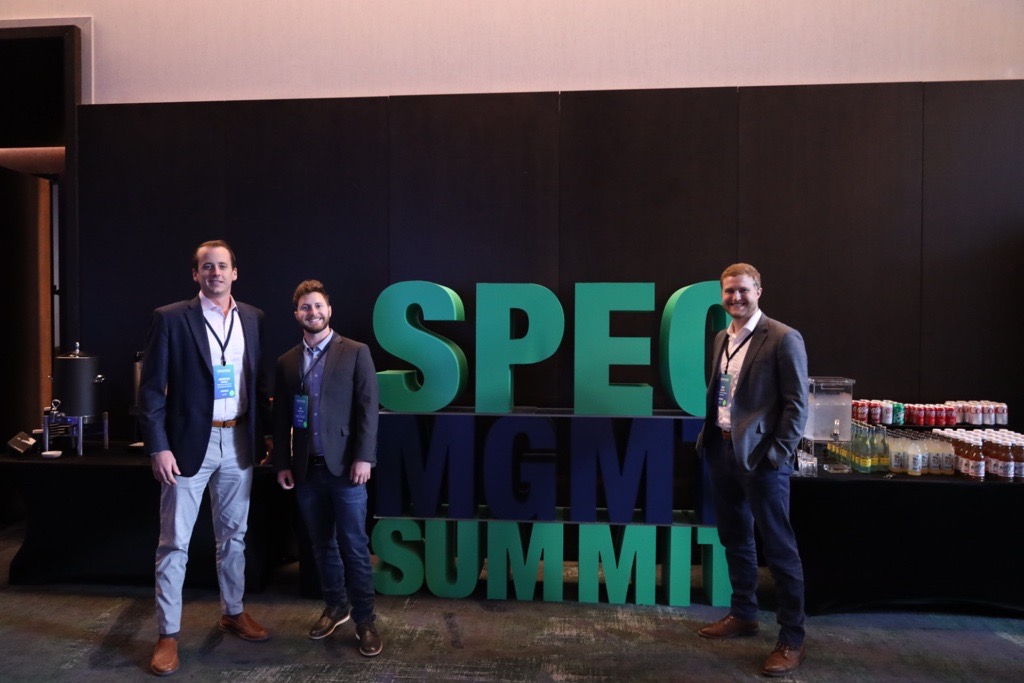
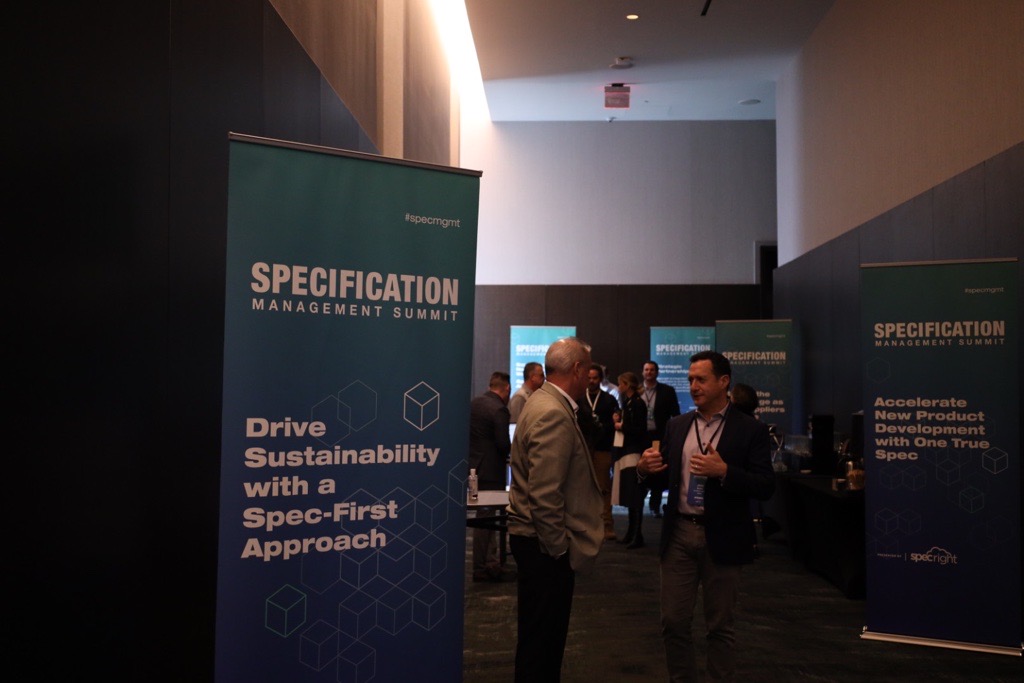
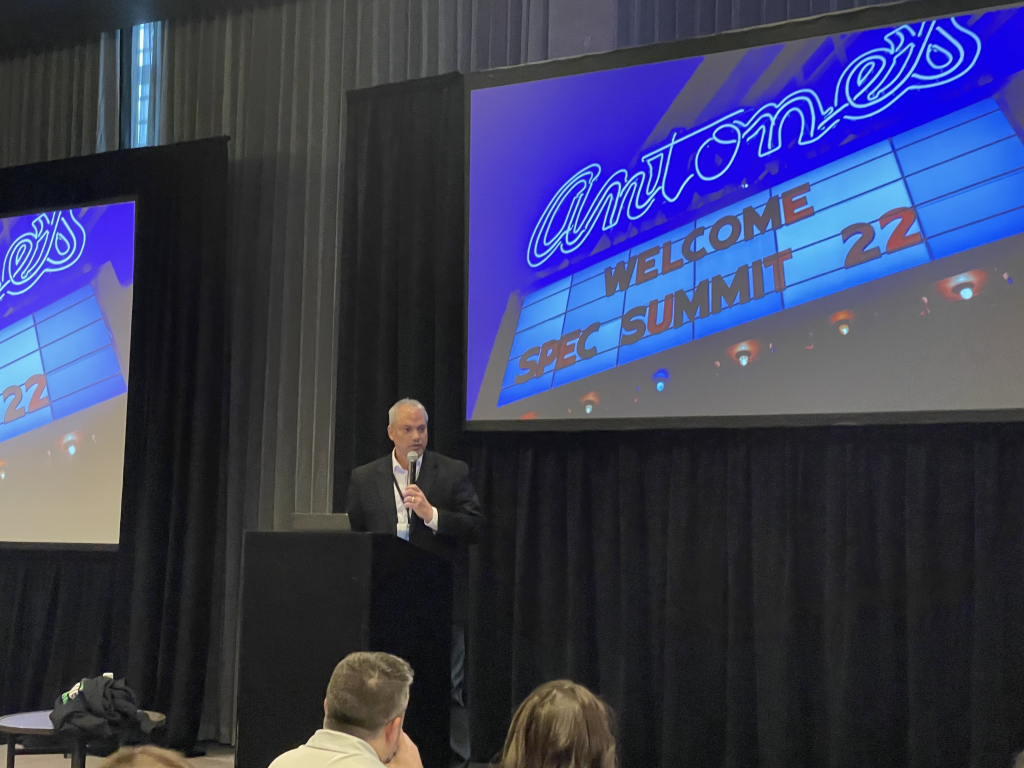
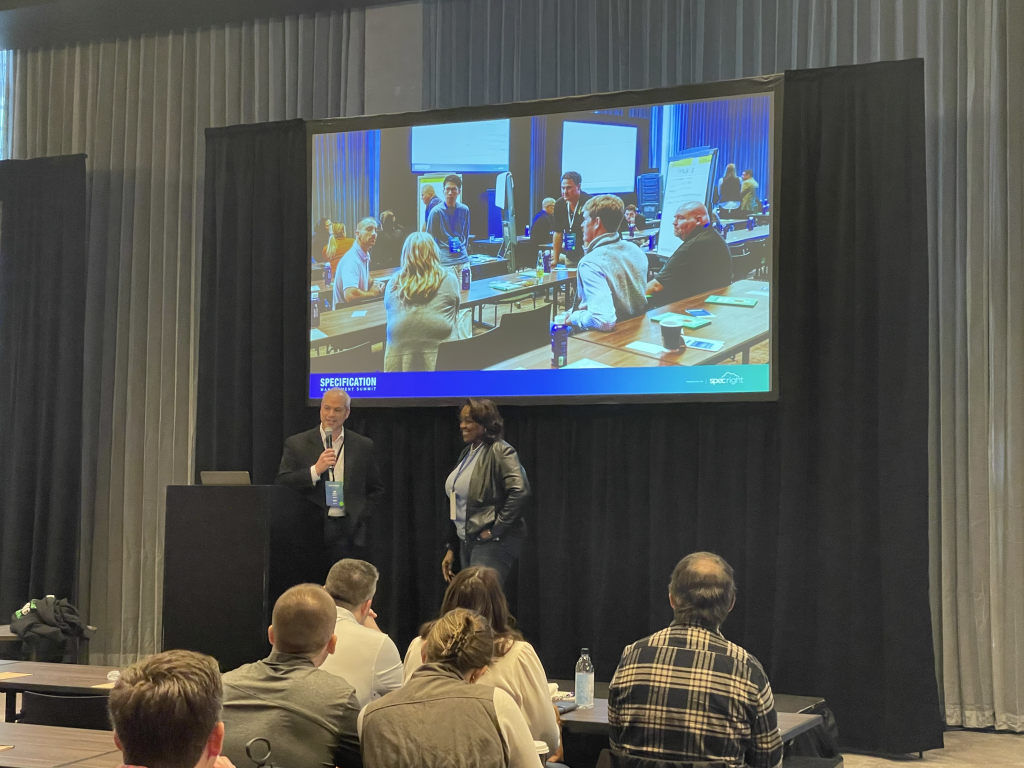
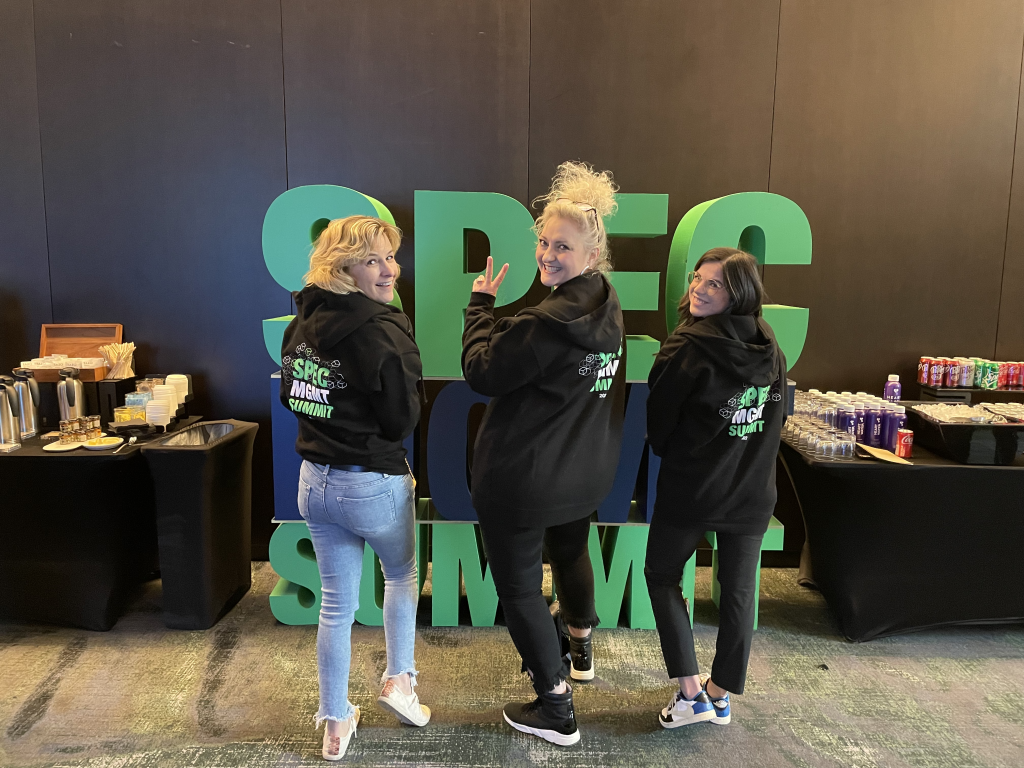
Explore More Blogs
Get Started
With Specright’s Solution Suite, you can digitize, centralize, and link your specification data to drive efficiencies, intelligence, traceability, and collaboration within your organization and across your supply chain network.

